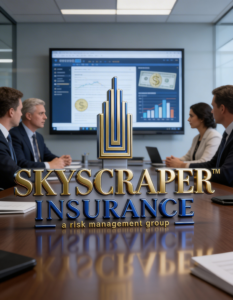The number of homeowners insurance claims from lightning strikes in the United States fell in 2019, but the average cost that insurers paid on those claims has increased by 11% between 2017 and 2019, according to the Insurance Information Institute (Triple-I).
From 2007 to 2011, local U.S. fire departments responded to an average of 22,600 fires per year that were started by lightning, according to a study by the National Fire Protection Association (NFPA).
These fires caused an average of nine civilian deaths and $451 million in direct property damage per year, the NFPA found. Home fires accounted for 19% of the lightning fires. Fires in non-residential structures, including businesses and other non-residential properties, accounted for 7%, and vehicle fires accounted for 1%. The remaining 73% of fires were in outdoor and unclassified properties.
Lightning claims in 2019
In 2019, the U.S. recorded 76,860 lightning claims, according to the Triple-I. Collectively, these claims cost insurers $920.1 million at an average of $11,971 per claim. Insurers saw an increase in the average cost per claim last year, rising 2.6% from 2018 to 2019.
James Lynch, chief actuary and senior vice president of research and education at the Triple-I, says it’s not surprising that lightning-related homeowners insurance claims costs have risen.
“Homes are more susceptible to lightning damage because electronic systems have become more interconnected — think smart homes — which have an easy gateway to much of a home’s electronic network, damaging scores of devices and appliances at once,” Lynch said.









